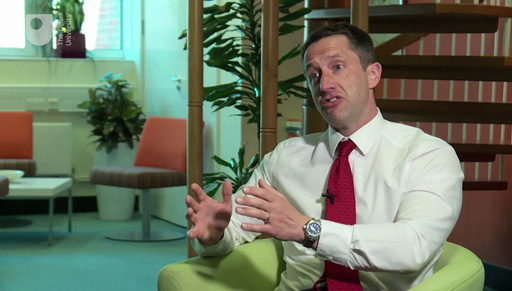3.3.1 Developing yourself as a public leader
To conclude your brief study of public leadership, Professor Hartley and our panel of police leaders offer their advice on how to develop yourself as a leader in the public sphere.
The key points they make here will provide you with a range of areas on which to focus your skill development:
- understanding and aligning your values
- flexibility and adaptability across managerial and operational domains
- creating networks beyond your immediate working environment
- cultivating political astuteness
- stepping back from the cultural norms and analysing the problem objectively
- caring for the well-being of colleagues and followers
- developing a sense of authenticity and valuing difference.

